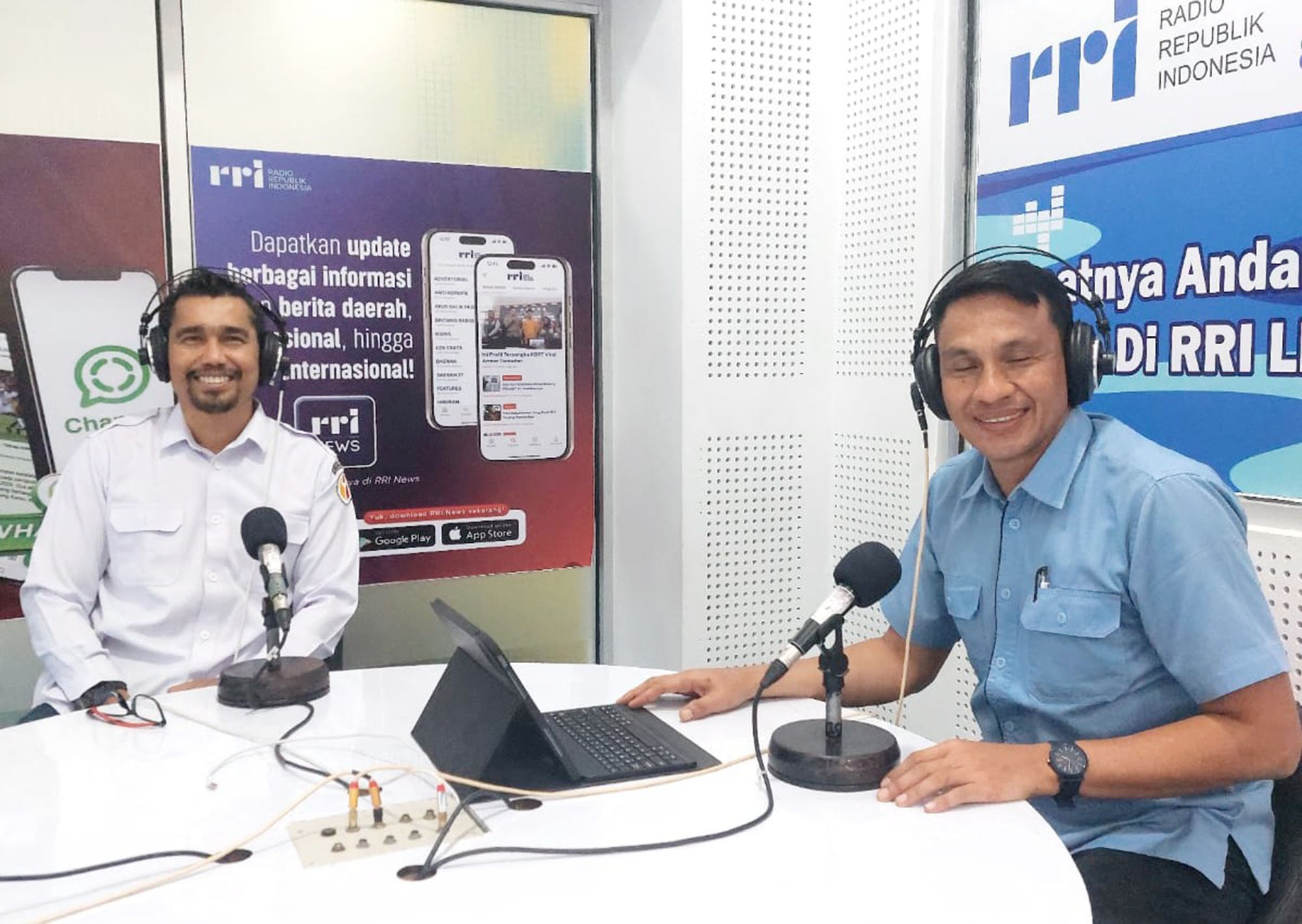When Media Companies Fall

When I was a resource person in a talk show on Radio Republik Indonesia Pro1 Lhokseumawe.
International Labor Day is truly a Mayday (not to be confused with May Day) for the fate of media workers. Mayday comes from the French word "M'adez" which means help me or commonly called save our souls (SOS). Mayday is an international emergency signal in radio communication commonly used in aviation or shipping.
Lately, many media companies have shouted mayday three times as a signal before falling. However, no help came, the media company's voyage had to sink in the middle of the ocean of digital technology and artificial intelligence that hit mercilessly.
The ferocity of the tsunami that hit media companies has not only destroyed small companies. Mainstream mass media supported by corporations and large capital have also fallen. If you pay attention to the news in the media and social media accounts in the last few days, you can see a number of large companies have had to close their offices accompanied by tears.
Media companies are unable to survive in the midst of the tsunami of digital technology and artificial intelligence. The onslaught of various social media platforms means that anyone can now become a journalist, delivering news and data immediately, complete with visuals, both photos and videos.
However, although sometimes superior in terms of speed, the news, data, and photos or videos presented are not in the journalistic product category. Many aspects prevent them from being able to replace the function of the press. Verification discipline, journalistic ethics, interests, and the process of extracting and broadcasting information do not comply with journalistic principles. Finally, the information is not broadcast by a mass media institution in accordance with Law Number 40/1999 concerning the Press.
In fact, the fall of mass media companies has been predicted since the early 1990s when digital penetration began to enter the mass media industry. Several print media that were considered mainstream, since the 2000s had to close because they failed to find a place in the hearts of consumers.
Print media fell. Several others were late in carrying out digital transformation so that they failed to survive. Digital transformation in the process of presenting news and distributing it on multiple platforms is inevitable. Without adaptive and innovative strategies, mass media will become a memory.
Although it was predicted from the start, when the media autumn arrived, it inevitably left deep sadness, especially for press workers who were not ready to face the change. New jobs are not easy to get amidst the storm of layoffs that hit all sectors.
The presence of digital technology and artificial intelligence cannot be denied. Media companies must use it to recommend news or content according to market interest. Artificial intelligence is a journalistic tool that can replace some of the work of journalists, such as analyzing data or audience responses.
Technology and artificial intelligence force media companies to adapt to new business models. This is not only about changing platforms, but also partnerships and collaborations with industries outside the mass media and the involvement of the reader community to support independent journalism.
Ultimately, creativity, quality, and media integrity become non-negotiable values and become a fortress to survive the storm. The autumn of mass media companies will still happen. This is where the law that we have heard for a long time applies; innovation or death!
